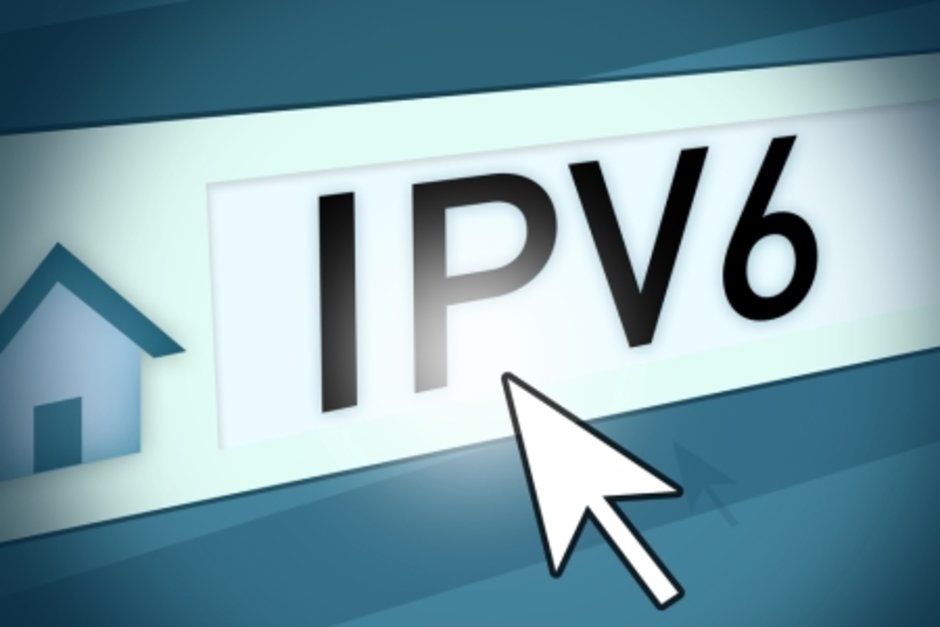Nigerians are set to experience enhanced Internet services, as MainOne, West Africa’s leading connectivity and Data Center solutions provider has successfully integrated to the new Internet Protocol Version 6 (IPv6), on the network of the Internet Exchange Point of Nigeria (IXPN) and is one of the largest networks in Nigeria to connect to IXPN via IPv6.


MainOne disclosed this in a statement signed by the Head of Managed Services and IP, Mr. Chidinma Iwe. According to him, the integration to IPv6 addresses on the network of the Internet Exchange Point of Nigeria (IXPN) was borne out of the desire to create more robust and inexhaustible wholesale Internet connectivity and avert the possible blockade from the exhaustion of Internet Protocol Version Four (IPv4) addresses.
“Nigeria can no longer afford to delay the deployment of an effective and robust IPv6 network. IPv6 is the future of networks globally and a key communication enabler for the future Internet of Things (IoT). Operators that use only IPv4 networks will soon face difficulties in expanding their activities on the internet, which will result in reduced coverage and business opportunities. West Africa must leapfrog in IPv6 development, to enable us to catch up with other more advanced regions such as South Africa. MainOne has led IPv6 connections in Nigeria with adjacency to over 73 IPv6 networks. However, we decided to do this evolutionary upgrade to IPv6 at the Internet Exchange as part of our effort to grow the local internet ecosystem in Nigeria. This ties into our commitment to mitigate the routing of Nigeria’s traffic abroad, which incurs expensive transit costs, increases service latency and compromises the user experience. With our upgrade to IPv6 at the IXPN, Nigeria can begin to exchange international IPv6 traffic in-country”, he said.
In his comments, the Managing Director of IXPN, Mr. Muhammed Rudman posited the migration of operators such as MainOne would significantly accelerate IPv6 traffic growth within Nigeria and enhance the country’s posture on the global internet landscape. “Apart from giving our members the platform to experience enhanced interconnectivity, the implementation of IPv6 on our network places IXPN among the first set of IXPs in Africa to offer IPv6 Peering,” he asserted.
Rudman, who is also the Chairman of the Nigeria IPv6 Council, encouraged other service providers in the country to adopt IPv6 in their networks. “Nigeria need IPv6 to get our huge population online, we need it urgently as we embrace advancements such as Internet of Things (IOT) and the Smart city initiatives. More networks are required to migrate to place Nigeria on the international map where other countries that have implemented IPv6 are,” he urged.
The Internet Assigned Numbers Authority (IANA) had officially announced the depletion of the Internet Protocol Version Four. This led to the setting up of an IPv6 council in Nigeria whose sole responsibility was to ensure that the operators and Nigeria as a whole migrates to the use of IPv6. To mitigate this, the Internet Exchange Point of Nigeria announced a few months ago that it had successfully migrated its network to the Internet Protocol Version 6, saying the migration and subsequent implementation of IPv6 on the network follows the official announcement of the depletion of the Internet Protocol Version Four (IPv4).
It is believed that IPv6, which was designed as an evolutionary upgrade to the Internet Protocol will open a pool of internet addresses that is a billion-trillion times larger than the total pool of IPv4 addresses which is about 4.3billion. This means that the total number of IPv6 addresses is virtually inexhaustible in the foreseeable future.


